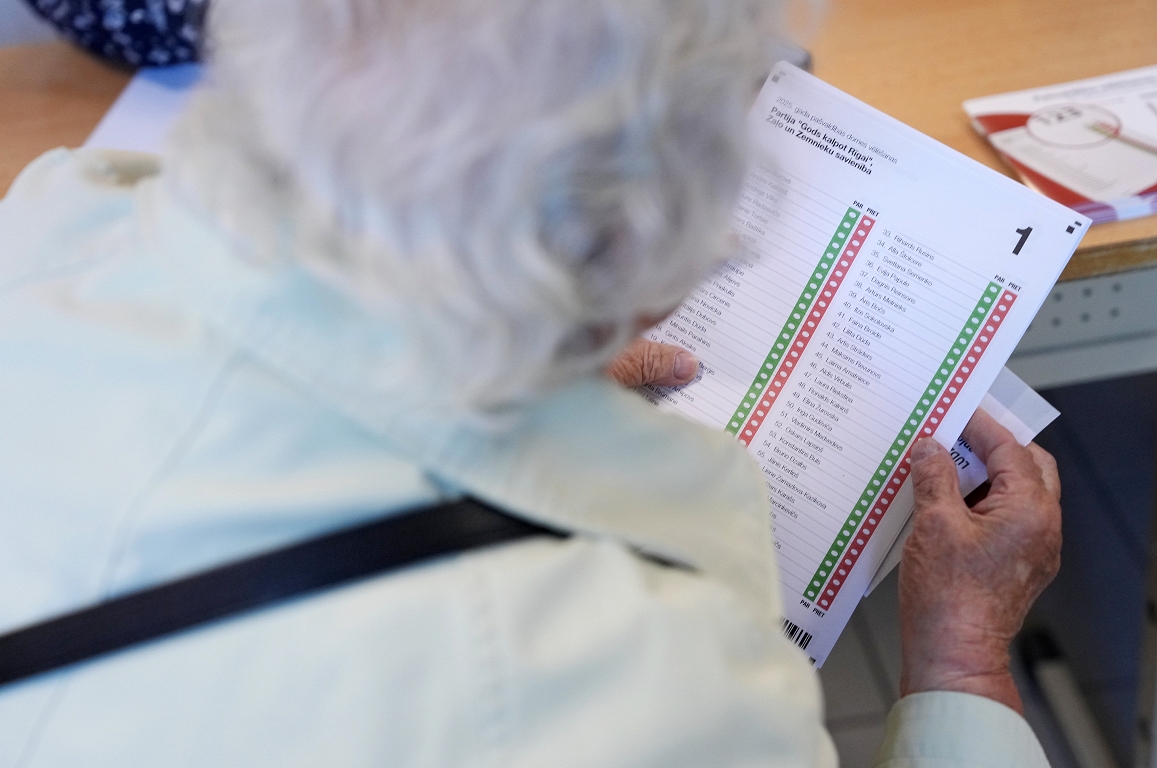What does NRC think | It is never too late to explain to citizens how the law works
:format(webp)/s3/static.nrc.nl/images/gn4/stripped/data128578937-5373b3.jpg)
It was so beautiful in the « common basic line about guaranteeing the constitution, fundamental rights and the democratic constitutional state » of just over a year ago. Under point three The current Coalition parties PVV, VVD, NSC and BBB agreed in February 2024 during the formation that « judicial judgments are being performed and complied with ».
Furthermore, « independent institutions, such as justice, science and media » were of great importance for the proper functioning of the democratic constitutional state. They would be « respected and protected. » All open doors in the rule of law in the Netherlands, could then be thought. Or an extra guarantee in a cabinet with a party whose leader judges rather « crazy ».
Yet the President of the Amsterdam District Court, the chief public prosecutor and the dean of the Amsterdam Bar Association are forced to read the alarm through this week through De Telegraaf. « The rule of law calves off, » they warn. According to them, the balance between legislative, executive and judicial power is disturbed, which leads to reduced effectiveness in the performance of judicial tasks. As a result, the protection of the citizen is at stake.
Moreover, they signal that judicial judgments are increasingly settled as 'even an opinion' – even by MPs who should know better, and cabinet members whose parties therefore promised something different last year.
Read also
Cry -cry about the rule of law of the 'Togadragers': 'We should not wait for us to be too late'
For example, Minister Faber (asylum, PVV) spoke of 'a black day' last week, after the judge ruled that her decision to impose an entry ban on three Islamic preachers was insufficiently substantiated. Faber may 'not enter into discussion' about the decision, but other politicians kept « the image that was involved in extremist speakers, » said court president Bart van Meegen in return for NRC. Citizens shared the name and photos of the judge and his partner then frequently on X. In substantive criticism of a judgment, it is not allowed to sow doubt about the reliability of the person of a judge; Doxing is never allowed.
Such sentiment has been on display for some time: judges who are portrayed on social media as malignant elite, lawyers who are threatened as they do their work by defending suspects, and judgments that are seen – also by politicians – as politically motivated. Last month, the Court of The Hague emphasized in the case that Greenpeace had filed against the Dutch state about nitrogen negrimic in her opinion that it is not to the judge « to prescribe political choices ». Thus in anticipation of such criticism.
Rightly so that the three Amsterdam gown carriers warn. In addition, implicitly and rightly referring to Poland and Hungary, where the judiciary was gravely undermined.
Rightly so that they put their hand in their own bosom, and to young people – but why only to them? – want to explain « how the rule of law functions and why that is important ». That should have happened much earlier. The case law is a closed stronghold, judgments are incomprehensible to ordinary citizens, functions unclear. Courts get too many things, have too few staff and money. Legislation is complex and sometimes failed to defend it to the citizen who needs to be defended.
Anyone who has only has to explain their right to exist is therefore richly late. Hopefully not too late.

:format(webp)/s3/static.nrc.nl/images/gn4/stripped/data132512191-bf7b93.jpg)
/s3/static.nrc.nl/images/gn4/data133305174-ec8c91.jpg)




